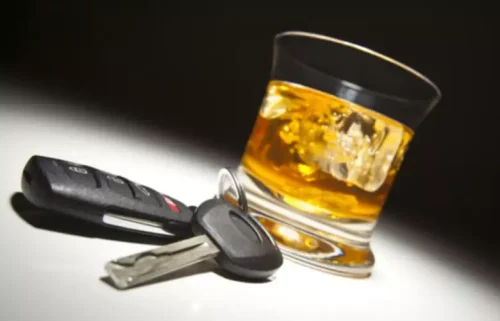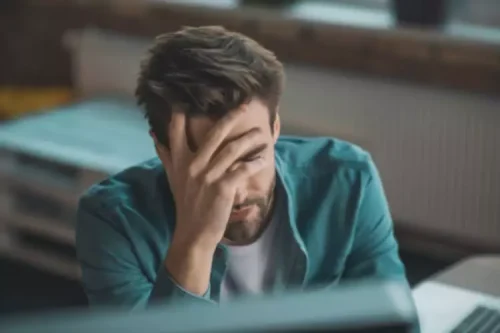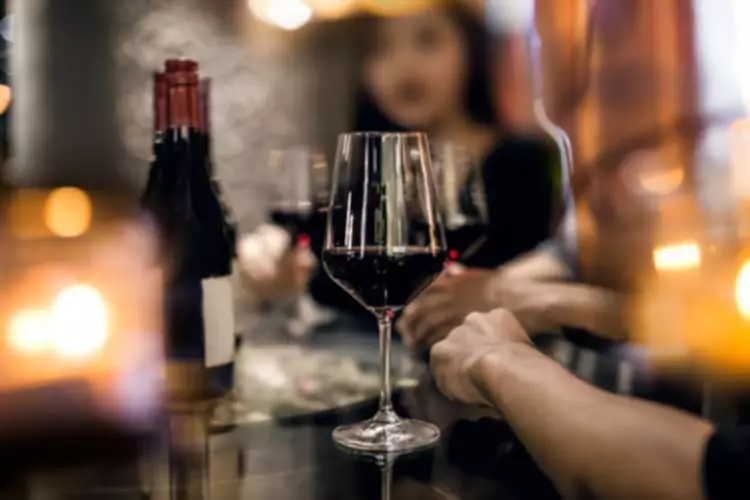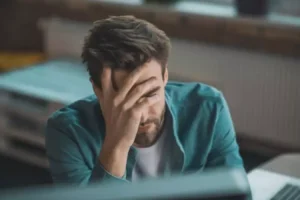
As with external triggers, you may or may not be aware that an internal trigger is what’s behind your urge to drink. Caffeine is a stimulant that can provoke restlessness, leading to increased heart rates and heightened anxiety sensations. There curb alcohol cravings is a significant overlap between anxiety, alcohol misuse, and alcohol use disorder. Researchers found that those with an anxiety disorder were between 2.1 and 3.3 times as likely to develop alcohol use disorder. As a result, some experience anxiety as they look back on the events of the night before.

Long-term management strategies for alcohol cravings

This might involve learning stress management techniques, finding new ways to socialize without alcohol, or developing healthier sleep habits. Some individuals find medication-assisted treatment (MAT) helpful. Options like naltrexone, acamprosate, and others can help reduce cravings or make alcohol less rewarding.
The Importance of Developing a Growth Mindset in Sobriety
The drug helps ease alcohol withdrawal symptoms like insomnia, anxiety, and depression. In the United States, three drugs are approved by the Food and Drug Administration (FDA) for the general treatment of alcohol use disorder (AUD), including cravings (2). A physician or other qualified healthcare provider can assess whether one of the following medications can help you. Many people with social anxiety experience the spotlight effect—a belief that others are closely observing and judging them.
Contact a mental health professional

Instead of trying to suppress your cravings, acknowledge them, but remind yourself that you don’t have to act on them. You could pursue a new hobby, learn a foreign language, and work on skills like cooking. Playing video games or reading a book are other examples of activities to do.
How Do I Stop the Urge to Drink Alcohol?
Learning how to deal with these cravings is critical, as they can seemingly come out of nowhere and be triggered by factors as simple as being hungry, tired, or lonely. In our CheckUpandChoices.com app, we ask people to keep track of the date, time, intensity (1-10), and duration. This allows you to realize that urges increase and decrease in intensity over time. The program provides an urge tracker, which is a great way to monitor and manage your urges as they come and go. And you’ll be able to see your progress in dealing with them as they lessen over time. Josh Lee is a clinician and researcher with a focus on medication-assisted treatment of alcohol and opioid use disorders.
- The protein in poultry and fish helps in the production of dopamine, which can help improve your mood as you fight alcohol cravings.
- Trent Carter, FNP-BC, CARN-AP, is a seasoned nurse practitioner with over a decade of experience in addiction medicine.
- Whether you developed this habit or not, keeping yourself busy with a range of fulfilling activities can distract you from the urge to drink.
- Alcohol dramatically impacts the quality and quantity of rest you get, further contributing to hangover symptoms.
The Role of Cognitive Reframing in Addiction Recovery
In a survey of college students who drank, 57% reported eating something they were “craving” after consumption. But the next day, that greasy meal they enjoyed can become a source of anxiety. As the alcohol is metabolized and wears off, your brain works to restore chemical balance. It lowers levels of GABA—making you feel less calm—and boosts glutamate, which increases anxiety. If you have a more serious drinking problem, your doctor may recommend an initial spell of more intensive treatment, such as a stay at a residential facility.
- Incentive salience is when the motivation for a reward is driven by a person’s physiological state, learned cues, and reward associations.
- This deep psychological work can help address underlying issues that may be driving your desire to drink.
- Although everyone’s experience will be unique, below is a general timeline of what happens to you when you quit drinking alcohol.
Combining mindfulness with deep breathing can be a powerful way to resist the urge to drink. The next time you feel an alcohol craving, pause, breathe, and remind yourself why you chose sobriety. For more tips on managing emotions that can trigger cravings, read our article on how to deal with loneliness in sobriety. If you’ve ever struggled with cravings for alcohol, you’re not alone. It’s a common experience for people in recovery, but the good news is that cravings don’t last forever, and there are effective strategies to manage them. In this article, we’ll explore practical tips to help you Sober living home deal with alcohol cravings and maintain your commitment to sobriety.
